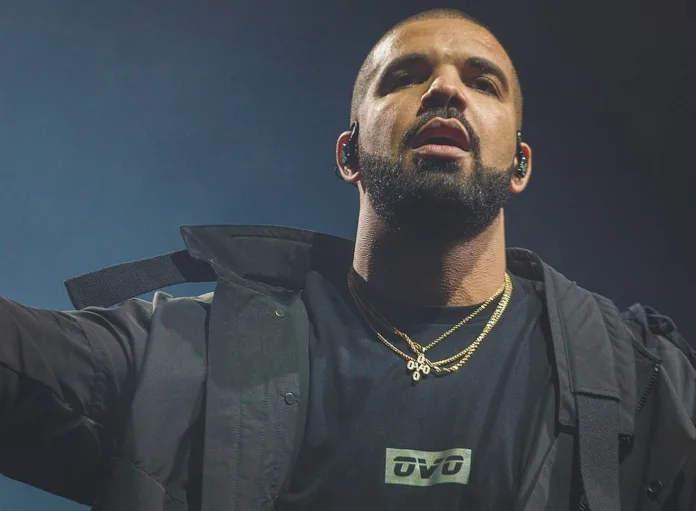Facing potential legal action from Tupac Shakur’s estate, Drake has removed his controversial “Taylor Made” a diss track from social media
In a significant turn of events in the music industry, Canadian rapper Drake has removed his diss track “Taylor Made,” which controversially featured AI-generated vocals resembling the late Tupac Shakur. The track, initially uploaded to Drake’s X profile on April 19th, was taken down following a 24-hour ultimatum from Tupac’s legal team.
The dispute centres around the use of Tupac’s voice, artificially recreated, in a track that continues Drake’s ongoing feud with Kendrick Lamar. Lamar’s well-known admiration for Tupac and Snoop Dogg presumably prompted Drake to include their AI-synthesized voices in his production, escalating the tension between the artists.
Tupac’s lawyers swiftly responded, threatening legal action against Drake for unauthorized use of Tupac’s likeness, which could potentially violate rights of publicity and copyright laws. This legal challenge highlights the emerging complexities and ethical concerns surrounding the use of AI in creating or altering musical content involving deceased artists.
Embed from Getty ImagesWhile “Taylor Made” was not officially released on streaming platforms, and thus its direct financial impact is unclear, the track spread rapidly across the internet. This widespread distribution raises questions about the potential earnings from such content and the implications for the estates of deceased artists who might not have consented to such use of their artistic identities.
This incident marks a notable instance of a mainstream artist engaging with AI technology in a way that intersects with legal and ethical boundaries. It underscores the ongoing debate within the music industry about the balance between innovation and the respectful treatment of legacy artists’ contributions.
As the situation unfolds, the music industry and legal experts alike are watching closely to see how this case might influence future interactions between AI technology and artists’ rights. This removal may set a precedent for how similar cases are handled in the future, as the technology continues to advance and become more integrated into creative processes.
